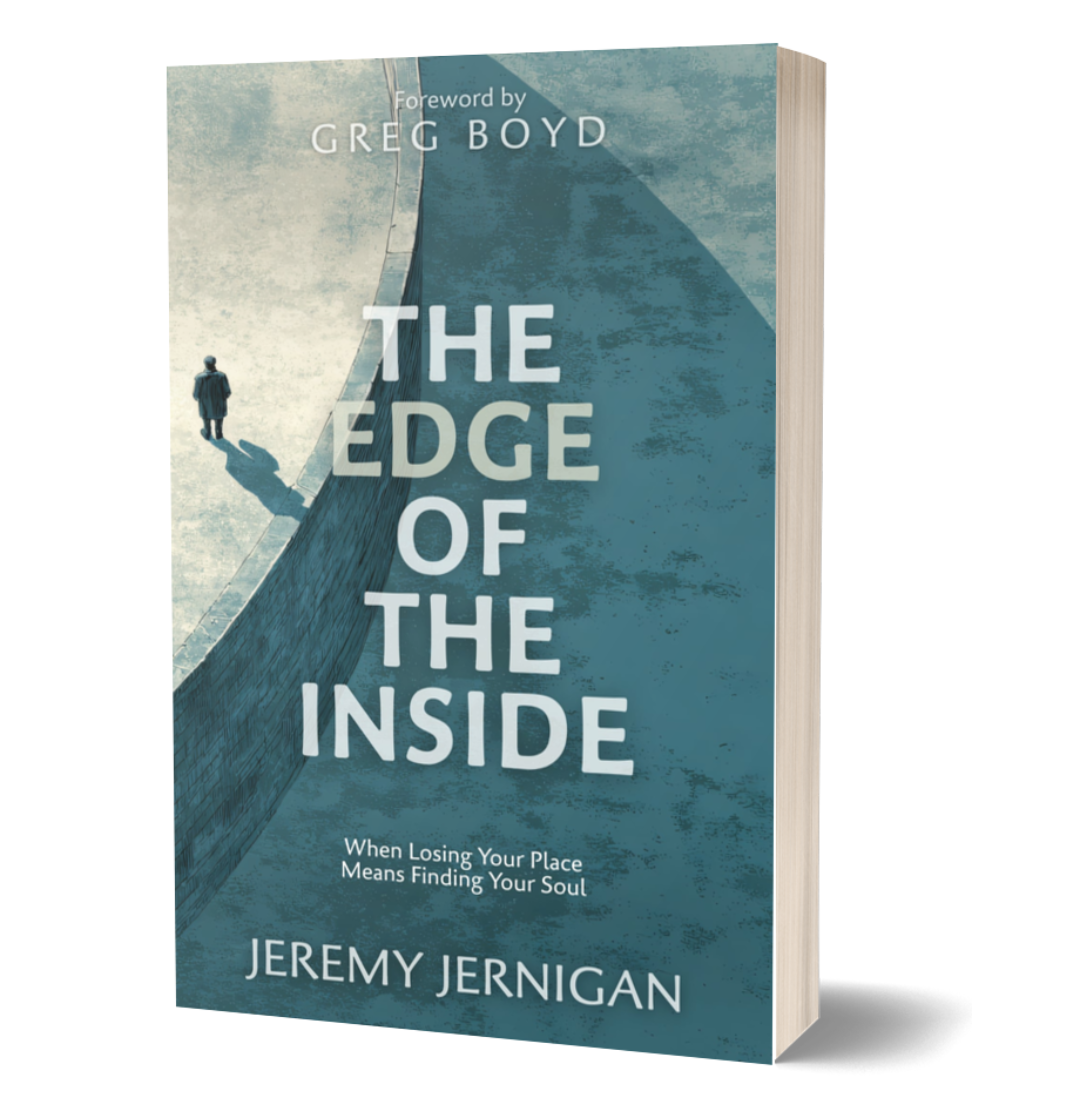Your Posture is More Important than Your Doctrine

I'd like to suggest something that may sound a bit outlandish at first: Your posture around your faith is more important than the beliefs you hold within it. Or said differently, if we had to pick one, posture is more important than doctrines.
Does this sound like heresy?
I would understand if you felt that way. It does sound a bit crazy. But the crazier part is that this isn't my argument; it actually comes from the Apostle Paul. In his letter to the church in Galatia, Paul writes this banger: "For when we place our faith in Christ Jesus, there is no benefit in being circumcised or being uncircumcised. What is important is faith expressing itself in love" (Galatians 5:6).
It may not sound like a big deal to you now, but determining whether believers had to be circumcised was a significant doctrinal issue that pervades much of the Bible. And Paul says it doesn't really matter compared to the reality of our faith expressing itself in love. Or to use the terms I started with, your posture of faith expressing itself in love matters more than your doctrine of circumcision.
This blows the door open for us today and shatters much of how we often talk about Christianity.
Let's take it a step further. If I asked you what the dominant posture was for most Christians living in the United States today, what would you choose? If we're honest, I think most of us would say it's probably something like certainty. Christians are known for how confidently we hold our beliefs and how fervently we often try to convince others of them.
But here's a twist: certainty isn't a posture. Certainty is actually an emotion. To reference Robert Burton's phrasing on this, certainty is "An emotion that feels like a conclusion." But certainty itself is the result of a posture.
So what posture creates the emotion of certainty?
I believe the answer is close-mindedness.
Because by definition, when you are certain you are right, you've shut off any possibility that you might be wrong, or that the person who disagrees with you might be right. You hold your beliefs with clenched fists and everyone falls into two camps: those who agree with you and those who don't. You find encouragement in surrounding yourself with like-minded people (a common trait in many church communities), and you often battle or belittle anyone who challenges you.
What a tragic sadness that many Christians equate certainty with faith. We've shut off any future work of the Holy Spirit in our lives and convinced ourselves that we've achieved something special in the process. In fact, we often battle anyone who disagrees with us (in the name of God) and convince ourselves it's for their benefit rather than ours. But I realized a long time ago that if a person needs me to agree with them for them to have peace, it often reveals their inner turmoil over their repressed insecurities. They aren't as certain as they pretend to be.
These days, I don't spend much time trying to move someone to the "left" or the "right," or trying to make them more "conservative" or more "progressive." My goal is simpler than that. I'm trying to make people more open versus closed.
That's what I've found with people who demonstrate faith expressed in love. They aren't rigid in their beliefs. They are curious, and they make space for those around them. All sorts of people are drawn to them, and they are drawn to others. These are people who are more focused on Jesus than they are on a belief system about Jesus. As Greg Boyd says, "The all-important center of the Christian faith is not anything we believe; it's the person of Jesus Christ, with whom we are invited to have a life-giving relationship."
I've also realized I connect far more with an open-minded atheist than I do with a closed-minded Christian. That's because I'm drawn in by the posture of the first person and repelled by the posture of the second. I believe there are open-minded people represented in most—if not all—of the world's religions. Conversely, there are also close-minded people in all of them, too. Brian McLaren says it like this:
What if the deeper question is not whether you are a Christian, Buddhist, or atheist, but rather, what kind of Christian, Buddhist, or atheist are you? Are you a believer who puts your distinct beliefs first, or are you a person of faith who puts love first? Are you a believer whose beliefs put you in competition and conflict with people of different beliefs, or are you a person of faith whose faith moves you toward the other with love?
Or to use Peter Rollins' terminology,
What if Jesus was not offering his followers an ethical system to follow, but rather was inviting them to enter into a life of love that transcends ethics, a life of liberty that dwells beyond religious laws?
This is your invitation to spend less time trying to figure it all out with the perfect belief system. Certainty may feel good as an emotion, but it comes from a stance that will rob you of life. Instead, enjoy the adventure of learning to express your faith in love toward those around you.
Photo by Priscilla Du Preez 🇨🇦 on Unsplash
Sign up with your email and never miss a post!
We hate SPAM. We will never sell your information, for any reason.





